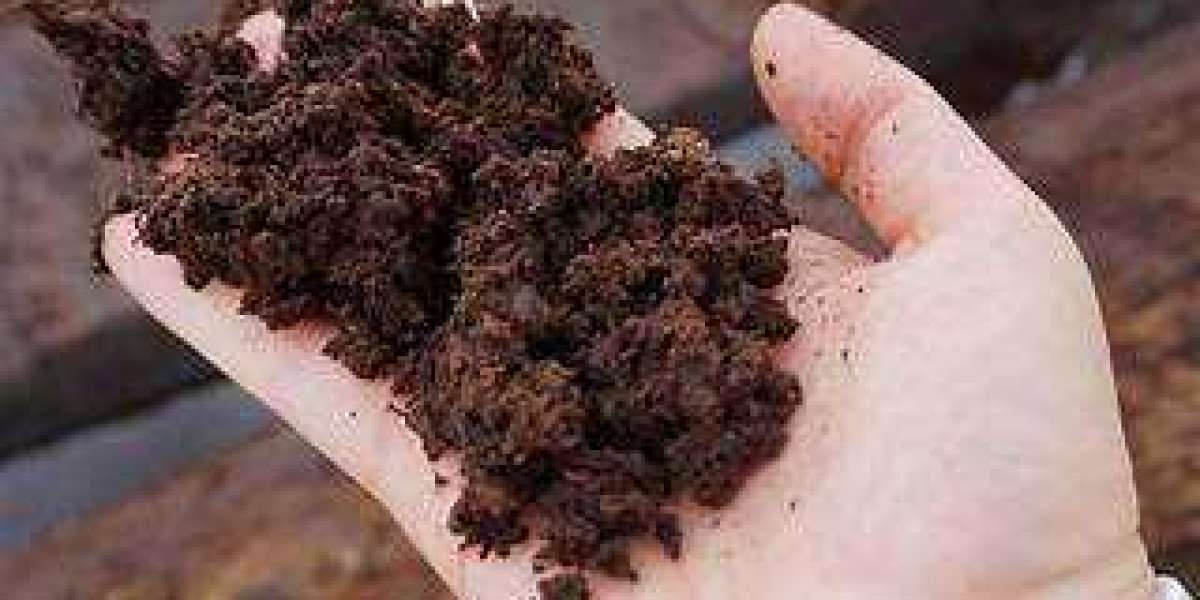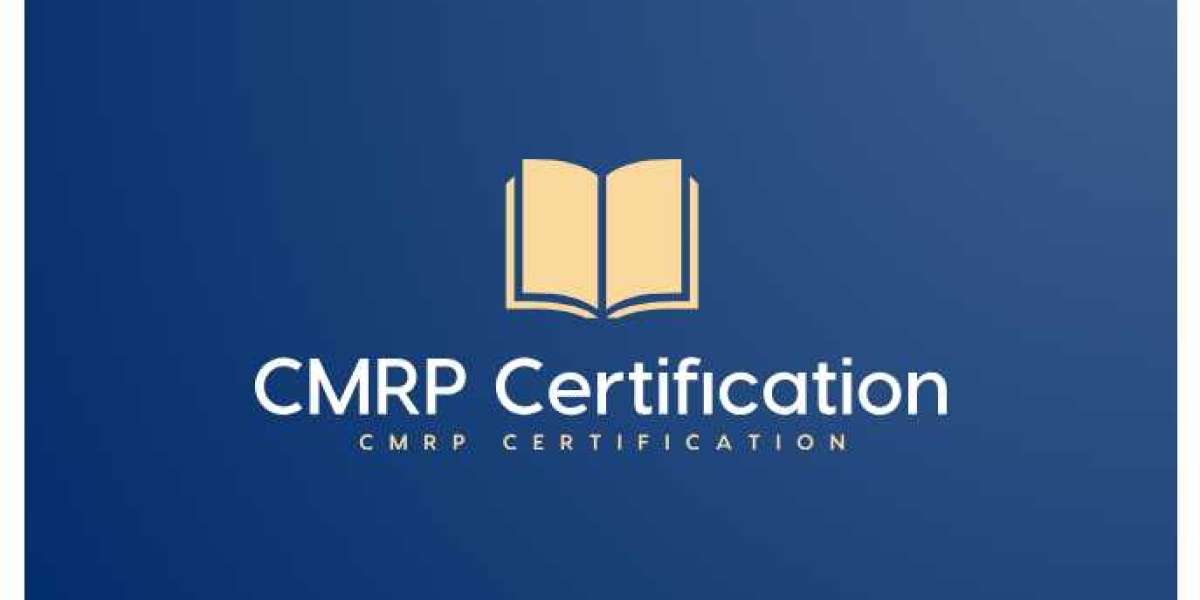Gardeners are increasingly opting for peat-free compost as a sustainable and environmentally-friendly alternative for their plants. Peat-free compost provides a more environmentally friendly option compared to traditional compost, as it does not contain peat harvested from sensitive peat bogs. At fif fit garden, we endorse methods that benefit plant health and the environment. This text delves into the advantages, application, and significance of selecting compost without peat for your gardening requirements.
Understanding Peat-Free Compost
Peat is an organic substance created from the breakdown of plant material in saturated environments, building up over many centuries. Its capacity to hold onto moisture and nutrients makes it a common choice for composting. Nevertheless, the harvesting of peat leads to notable environmental impacts, including the devastation of distinct ecosystems and the emission of stored carbon dioxide, which adds to global warming. Peat-free compost consists of renewable resources such as wood fiber, coconut coir, and composted bark. Peat-free compost offers a plant-friendly environment while being eco-friendly, appealing to gardeners who are environmentally conscious.
The Benefits of Peat-Free Compost
One of the key benefits of using peat-free compost is its eco-friendliness. Peat-free compost is made from renewable raw materials and has a smaller environmental impact compared to peat, which takes hundreds of years to develop. Moreover, peat-free compost is frequently supplemented with nutrients to supply plants with the necessary elements for optimal growth. It also enhances soil formation and stimulates strong root growth by enhancing proper air circulation and water drainage. For gardeners who want to cultivate organically, peat-free compost offers a pesticide-free and chemical-free option that is advantageous for plants and the nearby environment.
How to Use Peat-Free Compost in Your Garden
Using peat-free compost is easy because it can be used similarly to traditional compost. It is appropriate for a variety of gardening tasks, including planting seeds and transferring plants, to improving garden beds and borders. It is crucial to ensure the soil remains consistently damp when using peat-free compost, as the components in it can dehydrate quicker than those in peat-based compost. A small change in how often you water plants can have a big effect on their growth. Furthermore, by combining peat-free compost with homemade compost or well-rotted manure, you can increase its nutrient levels, giving your plants an ideal beginning.
Why Choose Peat-Free Compost Over Traditional Options?
Selecting peat-free soil helps protect important peatland habitats containing a variety of plant and animal species. These wetlands function as natural reservoirs for carbon, containing large quantities of carbon that would otherwise escape into the air. Choosing peat-free options aids in decreasing carbon emissions and fighting against climate change. Furthermore, peat-free compost is frequently produced nearby, decreasing the carbon emissions linked to transportation. Encouraging the production of compost without peat also supports the creation of innovative and sustainable gardening products, promoting environmental benefits.
Addressing Common Misconceptions About Peat-Free Compost
Certain gardeners might be reluctant to transition to peat-free compost because they have misunderstandings about how well it works. Moisture retention and nutrient content are frequently the focal points of concerns. Nevertheless, contemporary peat-free composts are designed to address these problems. Manufacturers currently mix substances such as coir and bark with organic nutrients to provide the perfect combination of moisture and air for ideal plant development. Testing and studies have shown that peat-free composts are just as effective, if not more so, than peat-based composts in various gardening situations. Selecting the appropriate peat-free soil and making changes to plant care routines can result in attractive, thriving plants while still being eco-friendly.
The Future of Gardening with Peat-Free Compost
With an increasing focus on environmental concerns, the need for sustainable gardening supplies like peat-free compost is on the rise. This pattern indicates a move towards more conscientious consumer actions and a joint endeavor to safeguard the environment. Today, gardeners can have an impact by choosing peat-free compost, which supports plant growth and helps with environmental conservation efforts. Embracing sustainable products in gardening paves the way for a greener future, ensuring a healthier planet for generations to come.
Conclusion
Peat-free compost is a positive advancement in gardening, offering a sustainable choice that enhances plant health and encourages eco-friendly techniques. Choosing peat-free options assists gardeners in safeguarding natural ecosystems, reducing carbon emissions, and promoting a greener future. Opting for peat-free compost isn't solely about gardening; it's a step towards a more sustainable planet.














